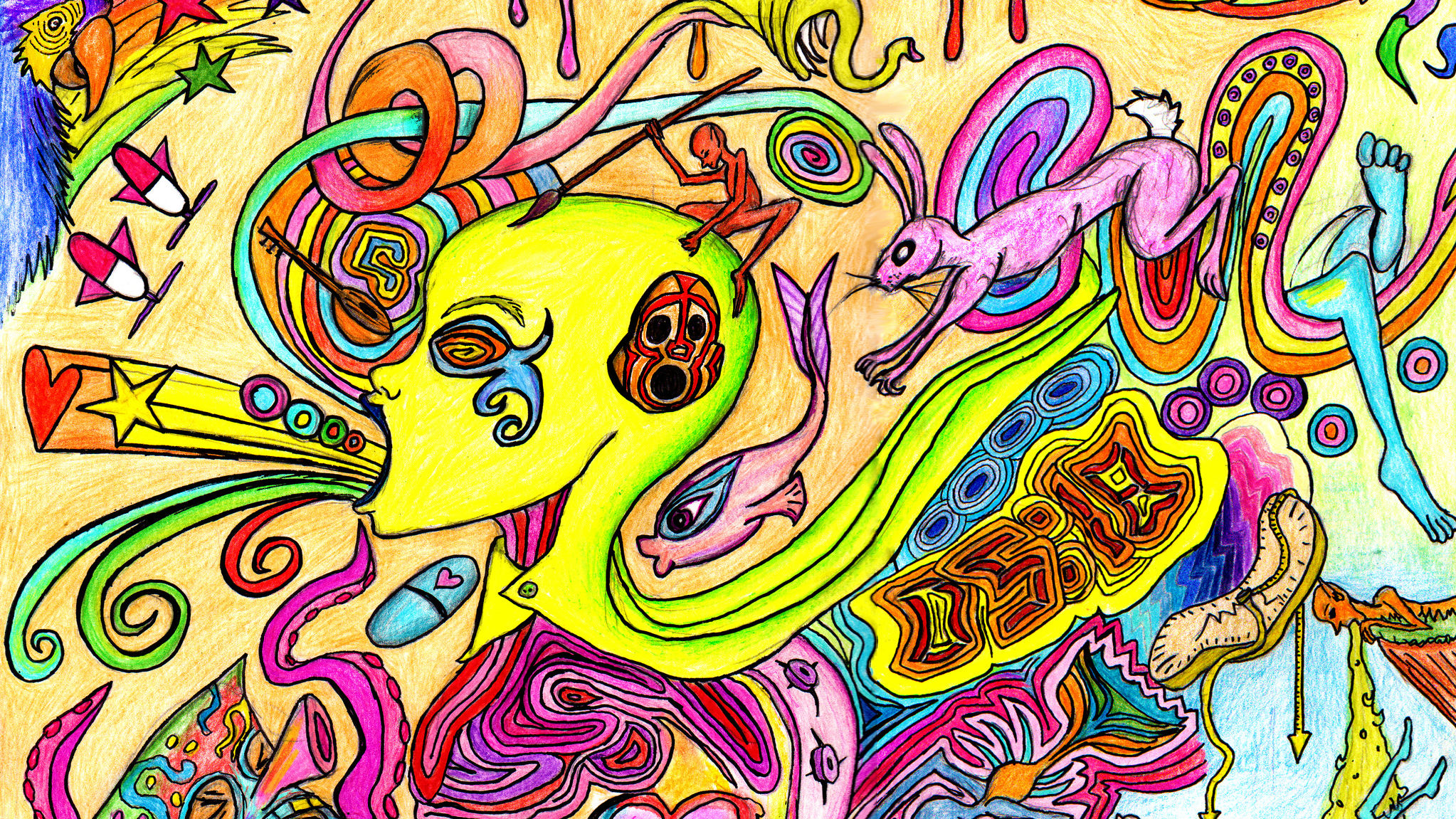LSD
A study on the effects of LSD microdosing shows some fittingly strange results.
From the cosmic blast into another being’s mind, to rolling bliss or obedient mind-slavery, fictional drugs have it all.
Researchers look into the drug’s association with pronounced optimism.
There are many people who preach the supposed benefits of psychedelics, but none do it as well, nor as reliably, as these philosophers and scientists.
Imagine getting imperceptibly high, then playing Chinese strategy game ‘Go’. This is the experiment the Beckley Foundation will run to test the value of LSD microdosing.
A new study finds LSD — a Schedule I drug with “no medical value” — to be therapeutically beneficial.
Two recent studies reveal the effects of LSD on the brain.
A new study in nature reports that LSD minimizes fear recognition and enhances emotional empathy and sociality. Is it time to widely utilize ‘trip treatment’?







